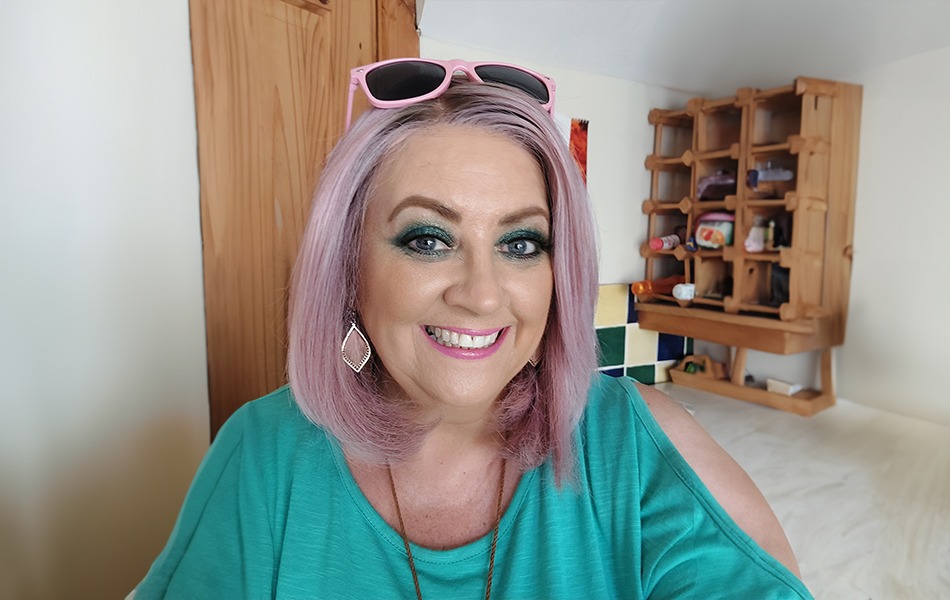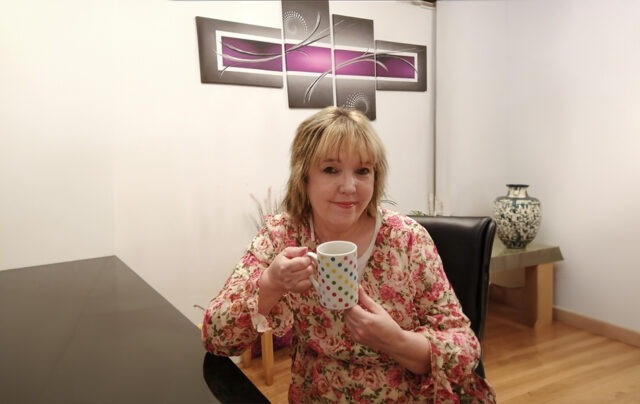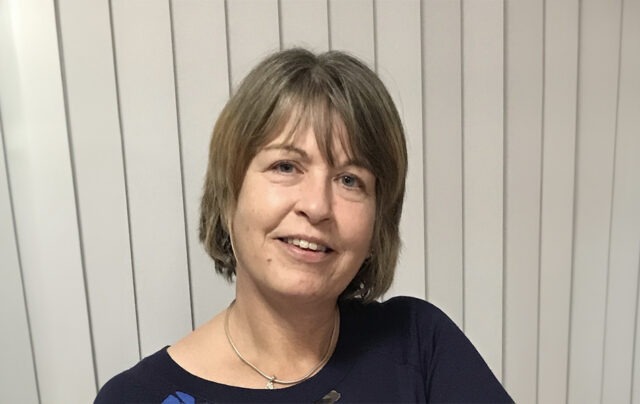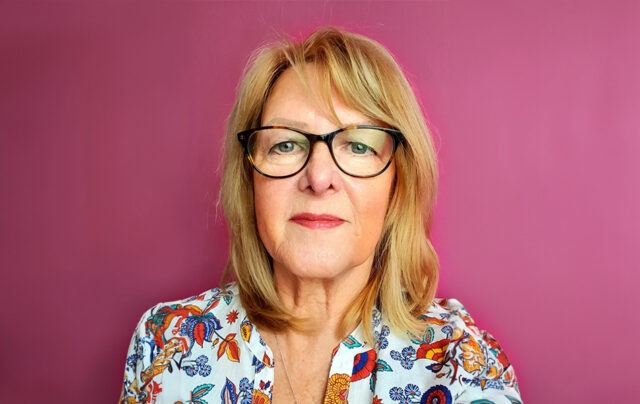
‘First class service’ helped Carena get through cancer second time around
Carena, from County Down, says the Sciensus cancer care team was instrumental in getting her through cancer treatment twice.
After finding a lump in her breast in June 2018, Carena was diagnosed with breast cancer and treated with 24 weeks of chemotherapy and three weeks of radiotherapy.
By June 2021, Carena was starting to feel like her old life was returning when a routine mammogram revealed that the breast cancer had developed in her other breast.
Carena explains “It was a total shock because the two cases were unrelated. The surgeon told me that the mammogram saved my life and that if I had left it any longer it could have been a different story,”.
This time, the treatment involved six rounds of chemotherapy – less than Carena had received in 2018, but still a daunting prospect.
“I was dreading having it again because chemo is so tough emotionally and physically. The fatigue takes over your life – it’s like jetlag,” Carena continues.
The comfort of being treated at home
Carena had been treated through Sciensus’ cancer treatment at home service in 2018 and felt reassured to be having the same service this time.
“The care and support that I received from the Sciensus nurses was second to none, it really was a first-class service. And because of Covid I didn’t see an awful lot of people, so having the nurses coming in gave me a bit of company too.”
One of the best parts of being at home for Carena was not having to put on makeup and go into hospital, and it meant that Carena’s mum could keep her company during treatment.
“Having treatment at home was like having a duvet wrapped around you,” says Carena. “I struggled some days to even get up and showered, so it would have been tough to get to hospital and sit there all-day having treatment.”
Getting support through the darkest days
One of the lowest points came when an infection developed in Carena’s Hickman Line after her fourth round of chemotherapy.
Carena had to stay in hospital for a week and was worried it would affect her final rounds of treatment or lead to another hospital visit to surgically remove the line.
“I just hit a brick wall at that stage,” Carena explains. “Then, one of the Sciensus nurses who knew I had been in hospital took time to see how I was.”
The nurse listened to her worries and offered advice on looking after her veins, such as keeping warm with hot water bottles and drinking plenty of water.
“She completely understood where I was coming from and could see I was having a bit of a breakdown. She checked my veins and spoke to the oncologist and thankfully, my veins were good enough to avoid going back to hospital.”
Taking positives out of the experience
After seeing a small group of nurses regularly throughout her treatment, Carena found it difficult when the treatment ended, but she remains upbeat about the experience.
“I’ve taken a lot of positives out of what has happened to me, and I’ve made lots of contacts and new friends. The support network I’ve developed has been fantastic.”

“The love, the care and the support that I got from the nurses was second to none, honestly, it was a first–class service. It was exceptional care.”
Carena – patient on service with Sciensus
Read stories from other patients…

Cancer
A great service that made Belinda’s day-to-day life easier
Belinda, from the South West of England, started receiving care for stage 3 inflammatory breast cancer HER2+ in February 2020.…

Long-term conditions
How our Sciensus Intouch app is putting patients in control of their own medication
Launched last summer, Sciensus Intouch is an easy-to-use mobile app that gives patients access to everything they need to know…

Long-term conditions
Readers’ Panel member joined after “brilliant” support for her husband
Terry, from Yorkshire, has direct experience of Sciensus as her husband used the service for two years. She is also…